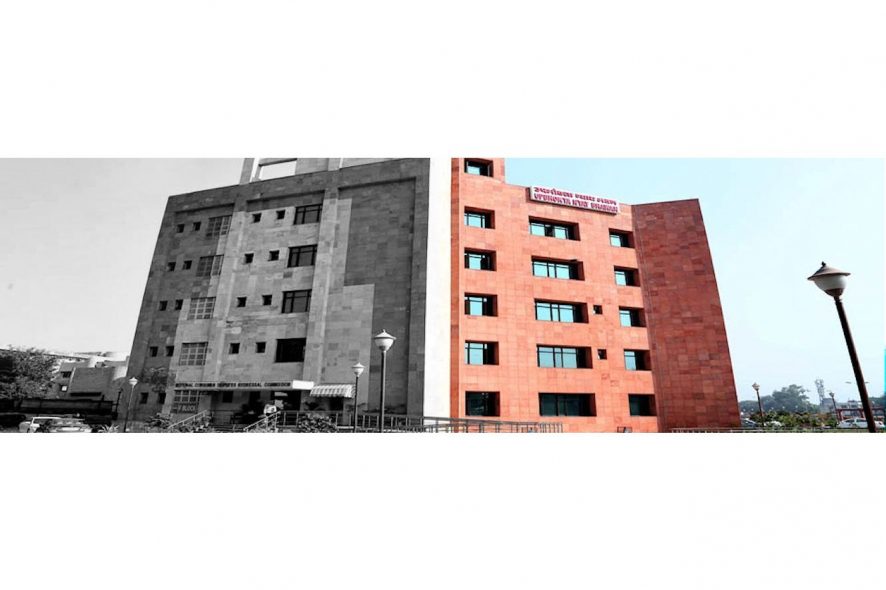National Consumer Disputes Redressal Commission (NCDRC): Dinesh Singh (Presiding Member) addresses matter regarding claiming of insurance cover.
Instant appeal was filed under Section 19 of the Consumer Protection Act, 1986 challenging the decision of the State Consumer Disputes Redressal Commission.
Factual Matrix
Late Jai Prakash, husband/father of the Complainant met an unnatural death, had obtained four insurance policies from the Insurance Company. It was stated that the Insurance Company did not query three of the four policies.
In respect of the 4th policy, it was objected that the claim was on the ground that the death was not accidental but a case of suicide, falling under the exceptions to the policy, and the claim was declined.
Insurance Company argued that the three policies were concealed while taking the fourth policy i.e. the subject policy.
Commission agreed with the appraisal and reasoning of the State Commission’s findings that in the instant case non-disclosure of the previous policies by the life assured was not fatal to the claim.
Another argument made by the Insurance Company was that the life assured had committed suicide which fell under the exception clause of the policy, that it was not a case of accidental death. Further, the insurance company reported that the injuries on the deceased were only possible in cases of a suicide death.
Police in its Inquiry Report had concluded that the cause of the accident due to rail accident could not be ruled out.
The insurance company had raised the objection of suicide based on the “medico-legal” report of a private agency, prepared on perusal of the documents on record, after about one year of the incident.
Inquest is conducted as mandated under the Cr.P.C., Post Mortem is conducted by the concerned government Medical Officer, Investigation is conducted by the Police (a private agency engaged by the Insurance Co. does not substitute for the Police).
It was further noted that there was no evidence on record that the Insurance Company made a police complaint or filed a complaint before the competent judicial magistrate that a false case of accidental death had been made out for a wrongful gain when the death was by suicide, or that any remedial action in case of the other three policies settled earlier was subsequently undertaken, or any disciplinary action against its functionaries responsible for settling the earlier three policies was taken.
Commission stated that weighing the evidence in its totality, the eventuality of the death being accidental cannot be ruled out and the benefit of preponderance of probability goes to the complainants.
Hence, State Commission erred in placing reliance on the report of a private agency engaged by the Insurance Company while ignoring the complete spectrum of evidence in the matter.
Therefore, the Insurance Company wrongly withheld the claim in respect of the subject policy.
Bench directed the Insurance Company to settle the claim of the subject policy with interest at 9% per annum.
For the undue harassment and the loss and injury caused to the Complainants and for the inconsistency and arbitrariness in decision making, a cost of Rs. 1 lakh is imposed on the Insurance Co. through its chief executive, of which Rs. 50 thousand shall be paid to the Complainants and Rs. 50 thousand shall be deposited in the Consumer Legal Aid Account of the State Commission.
“…advised to inculcate and imbibe systemic improvements for future, in that there is no inconsistency or arbitrariness in decision-making in identical facts and same points of law.”
[Kamla Devi v. Tata AIG Life Insurance Corporation, 2021 SCC OnLine NCDRC 182, decided on 10-06-2021]
For the Appellant: Mr. Praveen Kumar Aggarwal, Advocate
For the Respondents No. 1 &2: Mr. S. Hari Haran, Advocate







